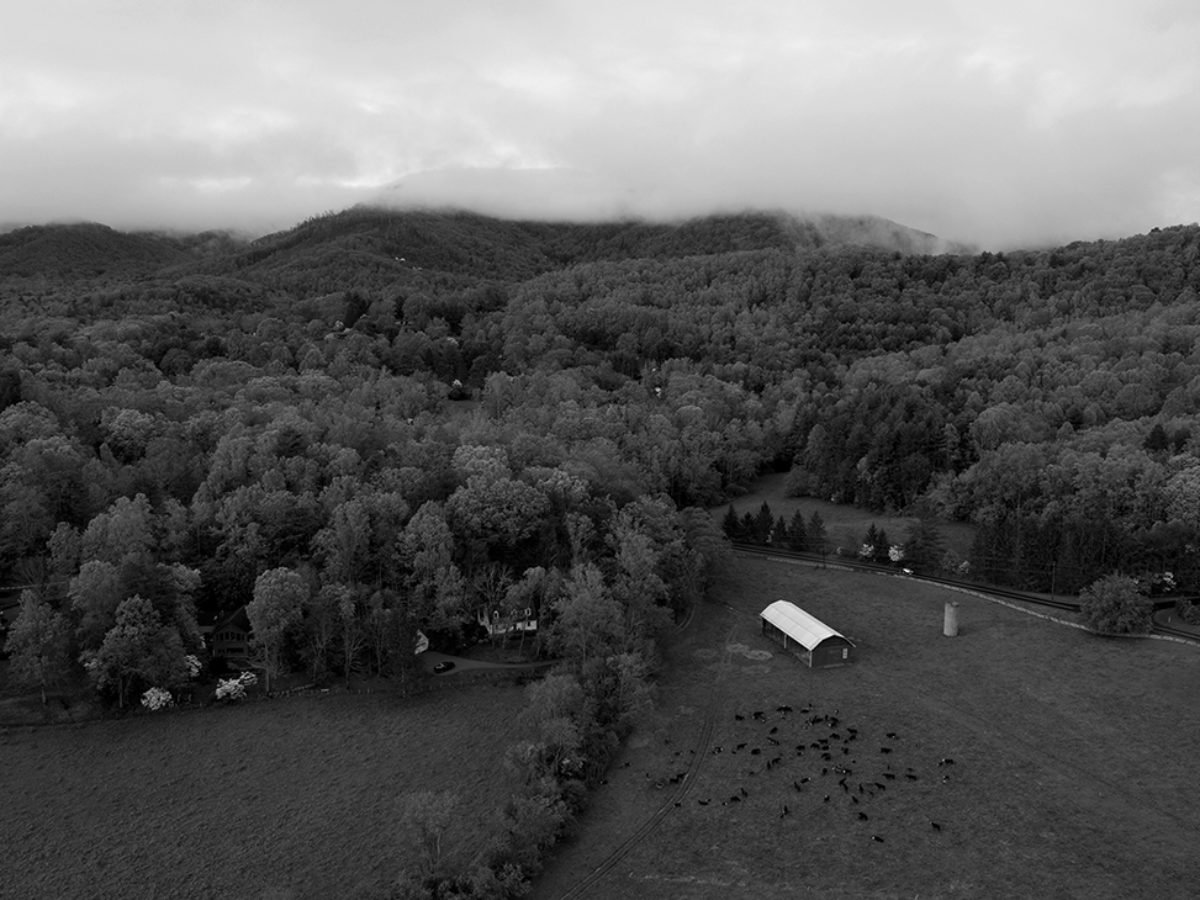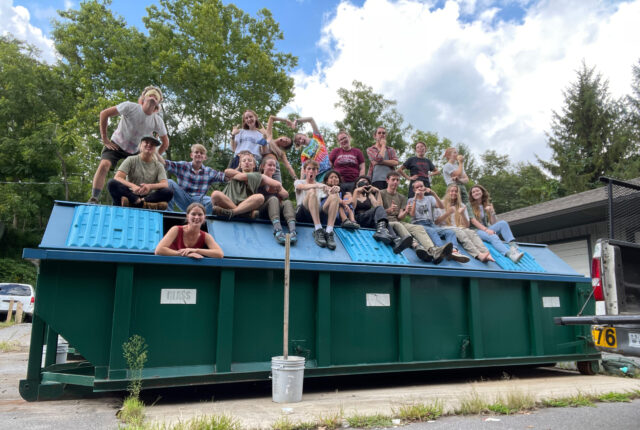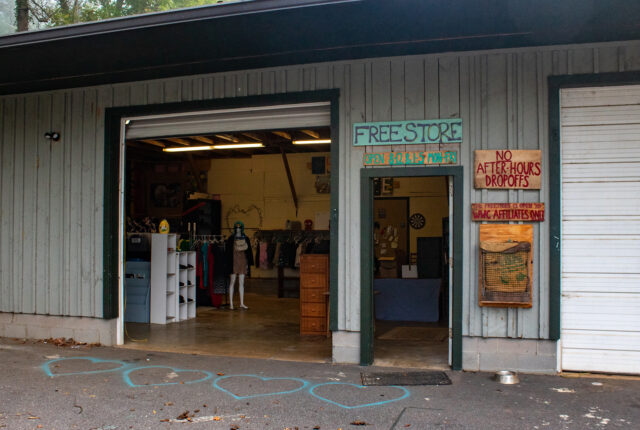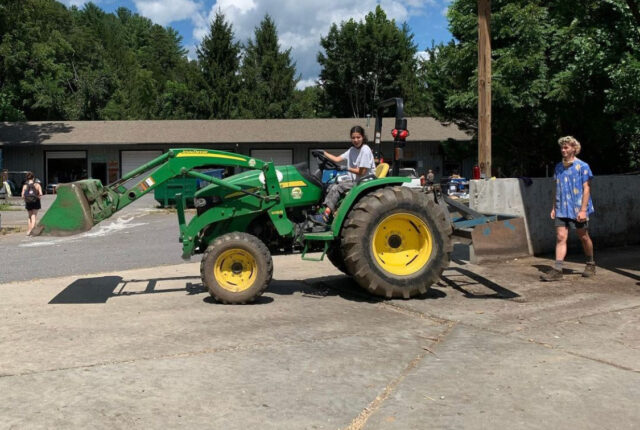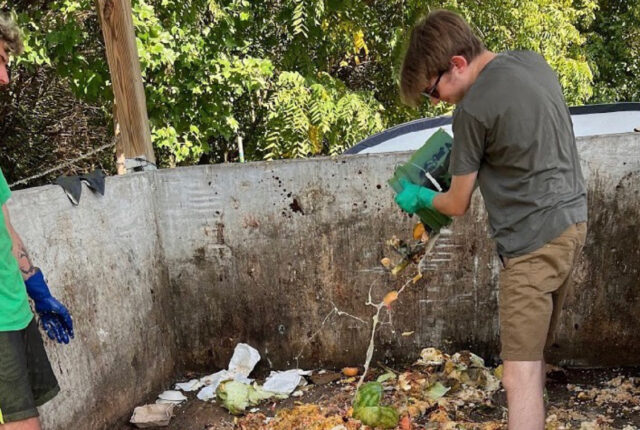What We’re About
At it’s CORE, Community-Oriented Regeneration Efforts Crew is dedicated to community, first and foremost. We strive to create a microclimate of community power that we can build upon, in order to more effectively extend that energy to the rest of campus.
We are a community resource by definition, providing invaluable college services such as campus-wide composting, environmental and social justice education, running the community Freestore, providing reusable plate rentals for campus events, and much more.
CORE Crew builds community so that we can inspire a sense of collective responsibility and accountability to each other among all students, staff, faculty and administrators at WWC.

